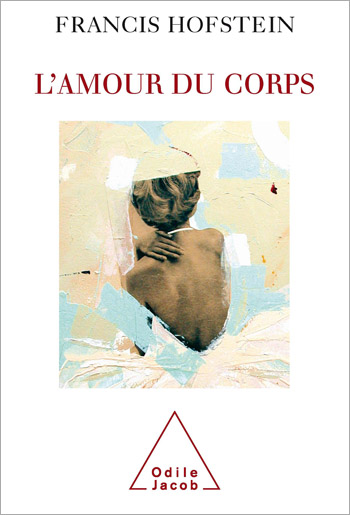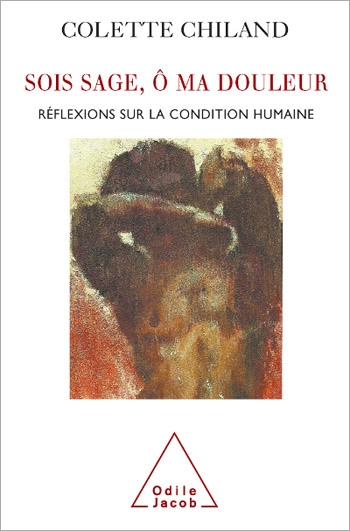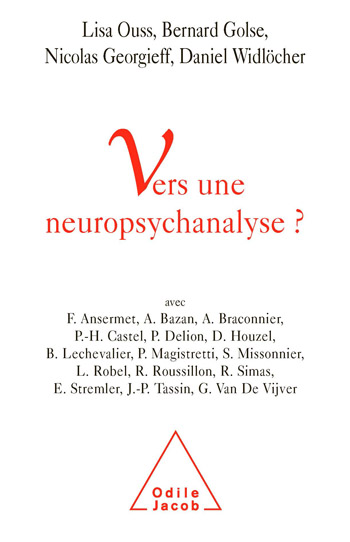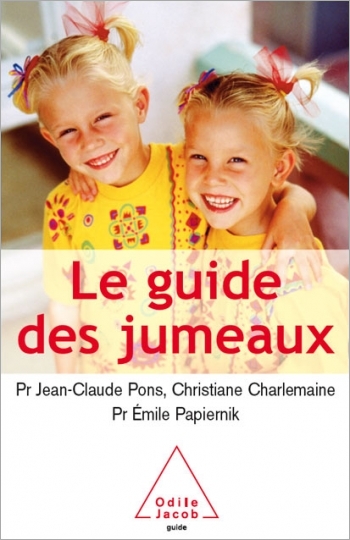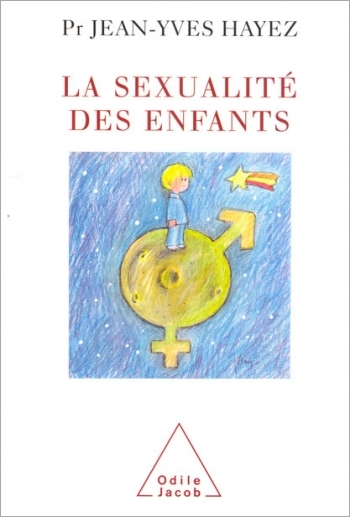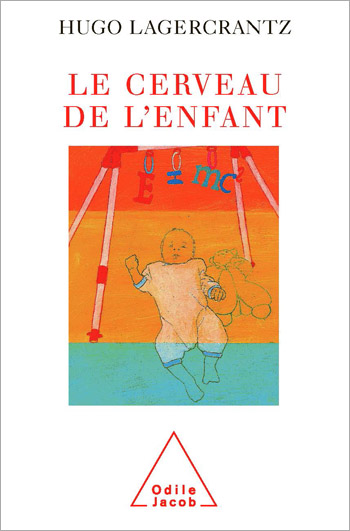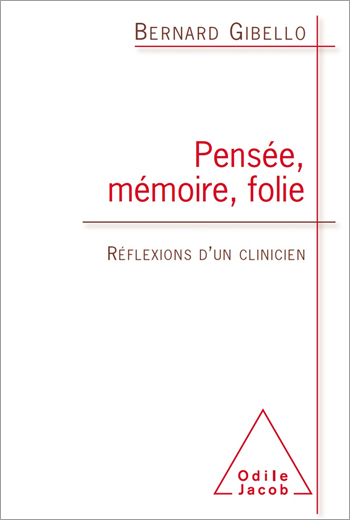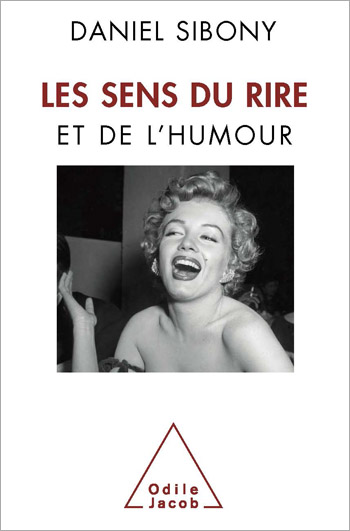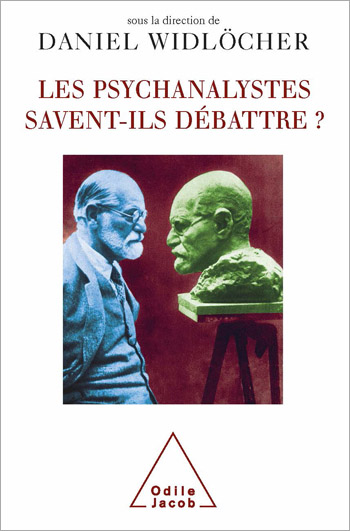Psychology All books
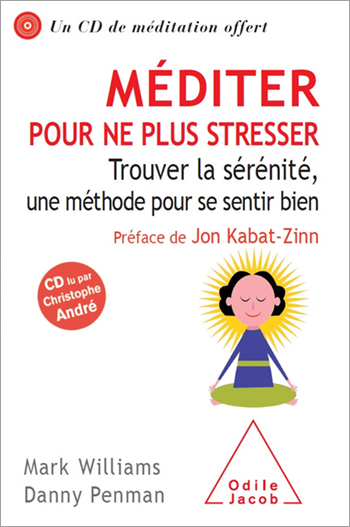
Mark Williams, Danny Penman
Mindfulness: An Eight-Week Plan for Finding Peace in a Frantic World
Following The Mindful Way through Depression, the latest success by Oxford professor Mark Williams
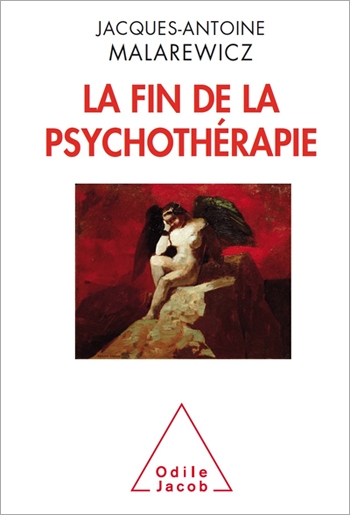
Jacques-Antoine Malarewicz
The End of Psychotherapy
Psychotherapy is becoming extinct. This book warns us of a process that threatens society.
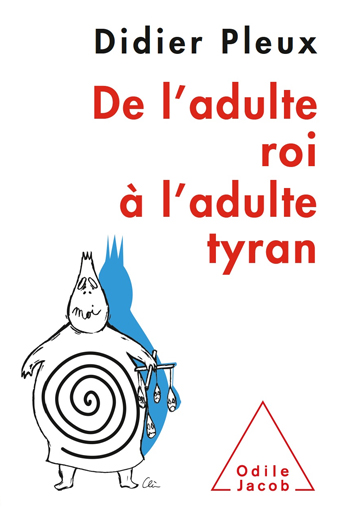
Didier Pleux
From Emperor-Adults to Tyrant-Parents
It would seem everyone in our society has a complaint about incivilities, widespread selfishness and the loss of “values” in an increasingly materialistic society whose members are perceived as rude and badly brought up...
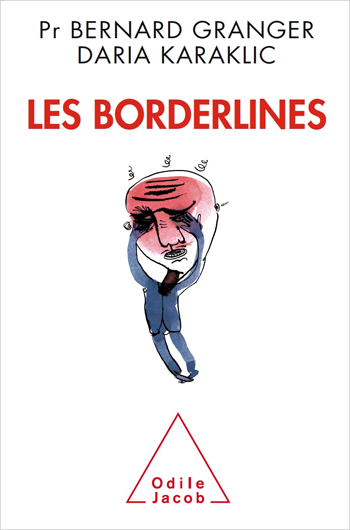
Bernard Granger, Daria Karaklic
Borderline Personality Disorder
If you suffer from borderline personality disorder take heart — it is not irreversible!
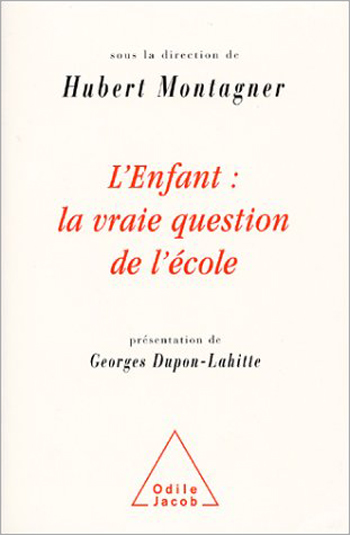
Hubert Montagner
The Child : The Real Question of Education
This ambitious work aims to provide a comprehensive view of the mechanisms, processes, influences, factors, and past and present events that may keep children from constructing, structuring or mobilising their abilities in an academic environment, and from acquiring new abilities and successfully constructing the required learning skills. In the struggle against academic failure, the main tool is understanding the child better. In order to do this, it is essential to base educational practice on the most recent knowledge.
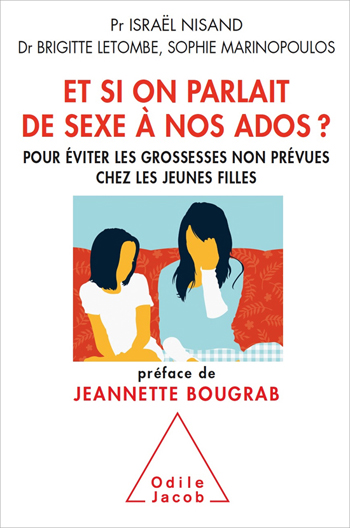
Israël Nisand, Brigitte Letombe, Sophie Marinopoulos
Let’s Talk to Teens About Sex How to Reduce the Number of Teenage Pregnancies
Teenage pregnancy is a serious problem in many countries yet the subject is often taboo
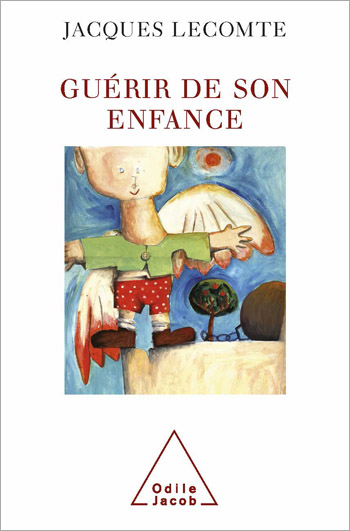
Jacques Lecomte
Cured of Childhood
How does a child whom life has hurt become resilient? Jacques Lecomte examines every aspect of a child's environment that can help him or her overcome misfortune. He stresses the crucial need for markers in the reconstruction of the child's personality, and on the importance of finding meaning in suffering. This is a thorough study of resilience, its foundations and how it works. It is also a polemical work which questions the role played by psychotherapists in building resilience. Jacques Lecomte argues that they are not the only ones who can do this - and that sometimes psychotherapists can do more harm than good. The author suggests specific plans of action, for families and children, so that those who are suffering and in pain may learn to become resilient and happy. This book offers a powerful message of hope - happiness, says the author, lies in acquiring a better understanding of resilience. Jacques Lecomte is a doctor in psychology and a lecturer at the University of Paris-X. He specialises in training professionals who work with children and is secretary general of the International Observatory on Resilience, presided by Boris Cyrulnik.

